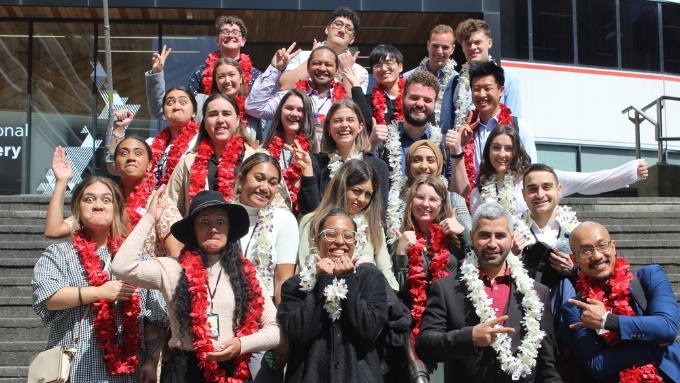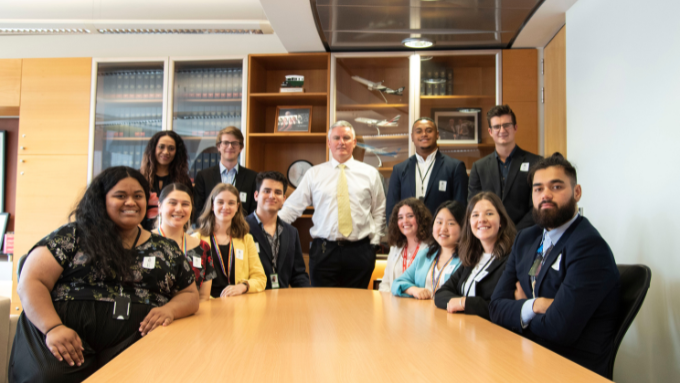When establishing screening criteria, a strong emphasis was given to cultural awareness and competency to ensure a holistic balance of skillsets. The screening process also acknowledged that psychometric assessments are based on Western practices and can have built-in bias against minority groups. These were given a lesser weighting and deadlines for completing the tests were extended to accommodate applicants who may not have their own Wi-Fi. Time limits were removed for candidates who shared they had a disability and scores were adjusted to account for multilingual applicants. Abstract reasoning, rather than verbal reasoning, was used in 2020 to remove any language bias.
Due to the high number of applicants, the Ministry requires several assessors to be involved in the selection of interns. A diverse pool of assessors is selected, equipped with knowledge of unconscious bias and skills to mitigate its impact. A buddy system provides checks and balance on biases.
Candidate feedback is used to continuously improve this process.
Once the programme is underway, interns are brought together and introduced to independent weekly debriefs, enabling them to connect as a cohort, share their experiences of the past week and support each other, further strengthening whanaungatanga.
Emphasis is placed on pastoral care with each intern assigned a direct supervisor, a mentor and buddy that sits within their respective work team. Interns are also encouraged to speak up and raise any issues or concerns. There have been a handful of instances where this has occurred in the three years of the programme, and the willingness of these interns to share their experience and seek resolution demonstrates they feel safe, supported and heard.


